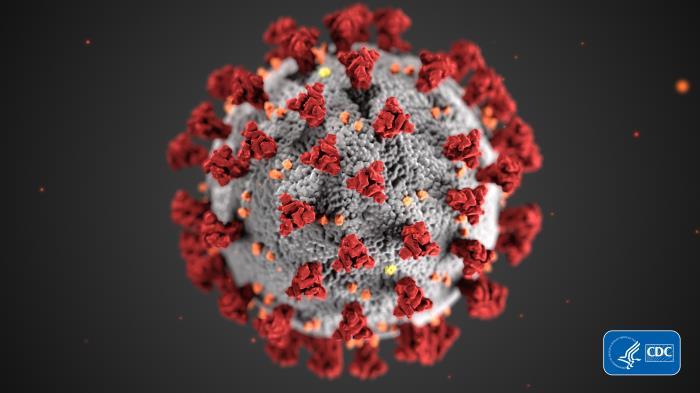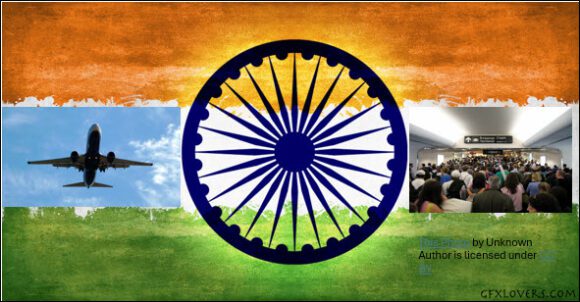
Covid 19 coronavirus CDC
UPDATE – A growing number of countries have imposed travel bans or restrictions from flights to South Africa and other countries in the region, following the warning of a new mutation of the Covid-19 virus in South Africa. The US has imposed travel bans on eight countries effective from November 29. As one of the first countries, the UK placed South Africa, Botswana, Lesotho, Eswatini, Zimbabwe, and Namibia to its Red List on Thursday evening. The new virus mutation blocks air travel to large parts of Africa.
The Airlines Association of Southern Africa (AASA) noted with distress the UK Government’s announcement that it will place South Africa, Namibia, Botswana, Zimbabwe, Lesotho, and Eswatini back onto its ‘Red List’ of countries to which it imposes severe travel restrictions and quarantines.
“While we respect every nation’s sovereign right to implement whatever measures it sees fit to combat the spread of COVID-19 variants, we urge Whitehall (the UK government) to reconsider what appears to have been a hasty decision, given the paucity of detailed knowledge and information on the newly identified variant, its presence and the efficacy of vaccines in limiting its potential to cause serious illness. (…) With its announcement, the UK is delivering a body-blow to our region’s travel and tourism sector. It puts businesses as well as tens of thousands of jobs and many more livelihoods at risk,” said AASA CEO, Aaron Munetsi.
“The business and leisure air travel industry in Southern Africa has only just begun to see green shoots emerge as governments have increasingly begun to relax and look to align and simplify their travel requirements and procedures. However, the UK’s unilateral step is a major setback that sets a worrying precedent,” he added.
New mutation has spread rapidly in South Africa
The reaction from AASA, while comprehensible, fell on deaf ears as a growing number of countries took immediate action following the advice of the World Health Organization (WHO) to be very careful with the mutated virus. After the UK, Japan, Israel, Germany, followed suit, with the European Union also calling for immediate action and travel restrictions. After Canada took action and banned entry to the country for foreign nationals who had traveled to South Africa in the past fourteen days, the US government imposed restrictions on the same six countries as the UK plus Malawi and Mozambique, effective from Monday.
Qatar Airways said on November 27 that with immediate effect it will no longer accept passengers on its flights traveling from Luanda (Angola), Maputo (Mozambique), Johannesburg, Cape Town, and Durban (South Africa) Lusaka (Zambia), and Harare (Zimbabwe). It will continue to fly passengers to these destinations. The UK government tightened travel restrictions, requiring PCR tests and quarantine for all travelers coming into the country. More countries are about to follow suit. Israel implemented a complete ban on foreign air passengers coming into the country from Sunday onwards.
Named the Omicron virus on Friday or B.1.1.529, the variant is declared under investigation by the WHO and other health agencies like the UK Health Security Agency (UKHSA). The mutation seems to have spread rapidly in South Africa in the past few days. The variant includes a large number of spike protein mutations as well as mutations in other parts of the viral genome. These are potentially biologically significant mutations that may change the behavior of the virus with regards to vaccines, treatments, and transmissibility.
In response, governments have summoned airlines to stop service to and from South Africa. Israel has blocked air travel to most of the continent except North Africa. The new variant has been found in Israel on someone traveling from Malawi. In Belgium, a tourist returning from Egypt was carrying the new variant.
At Amsterdam Schiphol, all passengers that had arrived on two KLM flights on Friday had to stay on board until PCR tests had been completed. The outcome revealed on Sunday that thirteen passengers had the Omicron virus with them, Dutch institute RIVM said.
Minister of Tourism Disappointment
South Africa’s Tourism Minister Lindiwe Sisulu is disappointed following announcements to place South Africa back on the red list together with five neighboring African countries. “While this is most disappointing South Africa will continue working with policymakers in the UK, Japan, Israel, and European Union to ensure that the best possible interventions are put in place. I would like to commend the South African scientists on their diligence and all the work they have done and remain confident that all measures will be put in place to mitigate the spread of the virus,” Minister Sisulu said. “We remain open for business and tourism travel and we appreciate the continued support from various partners across the world and are confident that through the tourism recovery plan in place, we will reignite demand and once more be tourism strong.”
Sisulu will be attending the 24th Session of the General Assembly of the World Tourism Organization (UNWTO) which will take place in Madrid on 30 November – 3 December 2021. During this session, the minister will engage with her counterparts and ensure the world that South Africa is open for tourists and all measures are in place to ensure tourists’ safety.
Prior to the COVID-19 pandemic, the commercial airline industry in South Africa supported close to 472,000 jobs across the economy and contributed $9.4 billion (approximately ZAR152.5bn at today’s exchange rate) to the country’s economy. This equated to 3.2 percent of GDP. The industry is also of strategic social and economic importance in all of the other countries in the Southern Africa Development Community.
Southern Africa’s connectivity with the rest of the world fell by 80 percent as a result of previous travel restrictions. Total domestic, regional and inter-continental demand has recovered to about 40 percent of pre-COVID traffic levels by the start of November with domestic and regional traffic leading the comeback. Until today, long-haul traffic to and from Southern Africa was forecast to return to 2019 levels by 2025.
(Additional reporting by Richard Schuurman)
Views: 1



